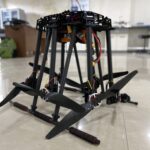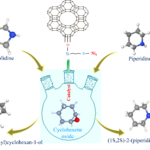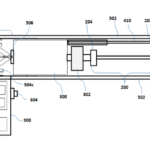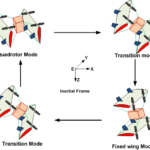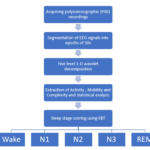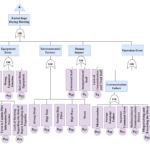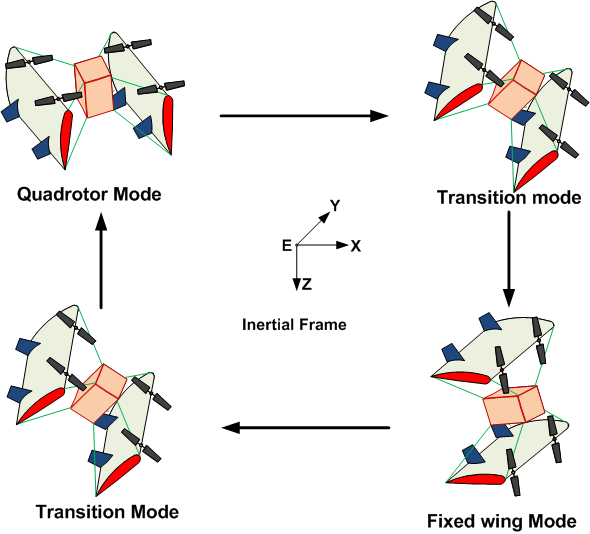The research was carried out by Dhaval Makwana and Dr. Pramod Bhingole from IITRAM in collaboration with Dr. Paritosh Chaudhari and C. S. Sasmal from IPR, Gandhinagar.
Development of biodegradable bone implant is of special interest to researchers to overcome the difficulties in second surgery for implant removal and improve bone healing process compared to currently available bio-inert Ti-Co based implant materials. Mg alloys have promising use in biomedical implants due to its bioresorbable nature and porous biomedical implants have excellent performance in human body due to low density and bone like structure which can allow to grow tissues in bone regeneration process. Therefore, the present research is about the development of lightweight closed-cell Mg foam structure by use of dolomite and MgCO3 as a blowing agent via casting route. Residual blowing agent act as biocompatible particles in favor of bone regeneration. Mg foam exhibited adequate compressive behavior during in vitro degradation of up to 4 weeks in simulated body fluid and observed stable degradation mechanism after 2 weeks due to formation and deposition of bio-corrosion products on cellular surfaces. Based on the processing method and results obtained, Mg-2Zn-2Ca closed-cell foam satisfied the requirement of physical, mechanical and in vitro degradation properties compared to natural bone properties and recommended as cost effective, biocompatible and bone substitution mechanical implant material.


